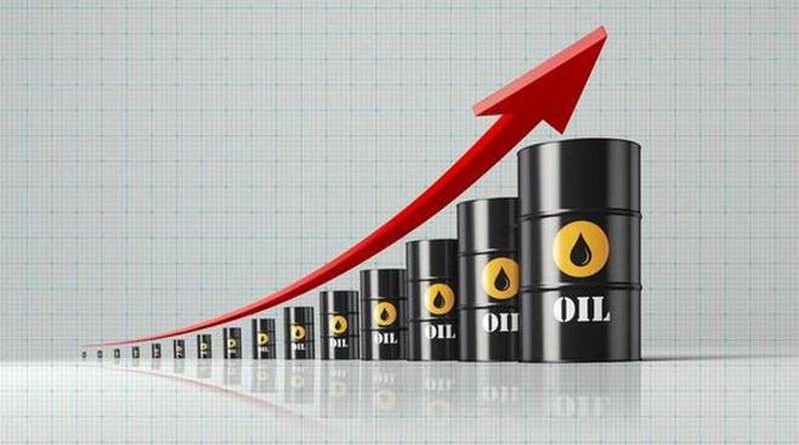Nigeria’s oil production quota reduced to 1.38 million barrels per day
With effect from January 2024, the Organisation of Petroleum Exporting Countries (OPEC) has decreased Nigeria’s oil production quota to 1.38 million barrels per day (mbd).
Compared to Nigeria’s existing allocation of 1.74 million bpd, this output decline is greater than 20%. In order to maintain the stability of the world oil market, Nigeria and other OPEC members as well as non-OPEC countries have decided to reduce their production levels.
This agreement was achieved at the 35th Joint Ministerial Monitoring Committee (JMMC) meeting of OPEC. Nigeria must step up efforts to diversify its economy even though it has routinely fallen short of its production quota in recent months due to the reduction in the oil quota.
The growth of non-oil industries should be given top priority by the government in order to lessen reliance on oil earnings and establish alternate sources of income and employment. In order to ensure that Nigeria meets its quota and maximizes the revenue from the sale of oil, the government can use a portion of the funds obtained from the elimination of subsidies to address the problems faced in oil production in Nigeria, such as oil theft, outdated infrastructure, and inadequate investments.
To assist lessen the negative consequences of decreased oil output on public finances, the government should also investigate alternate revenue sources, such as taxation reforms, bettering revenue collecting procedures, and decreasing leakages.




